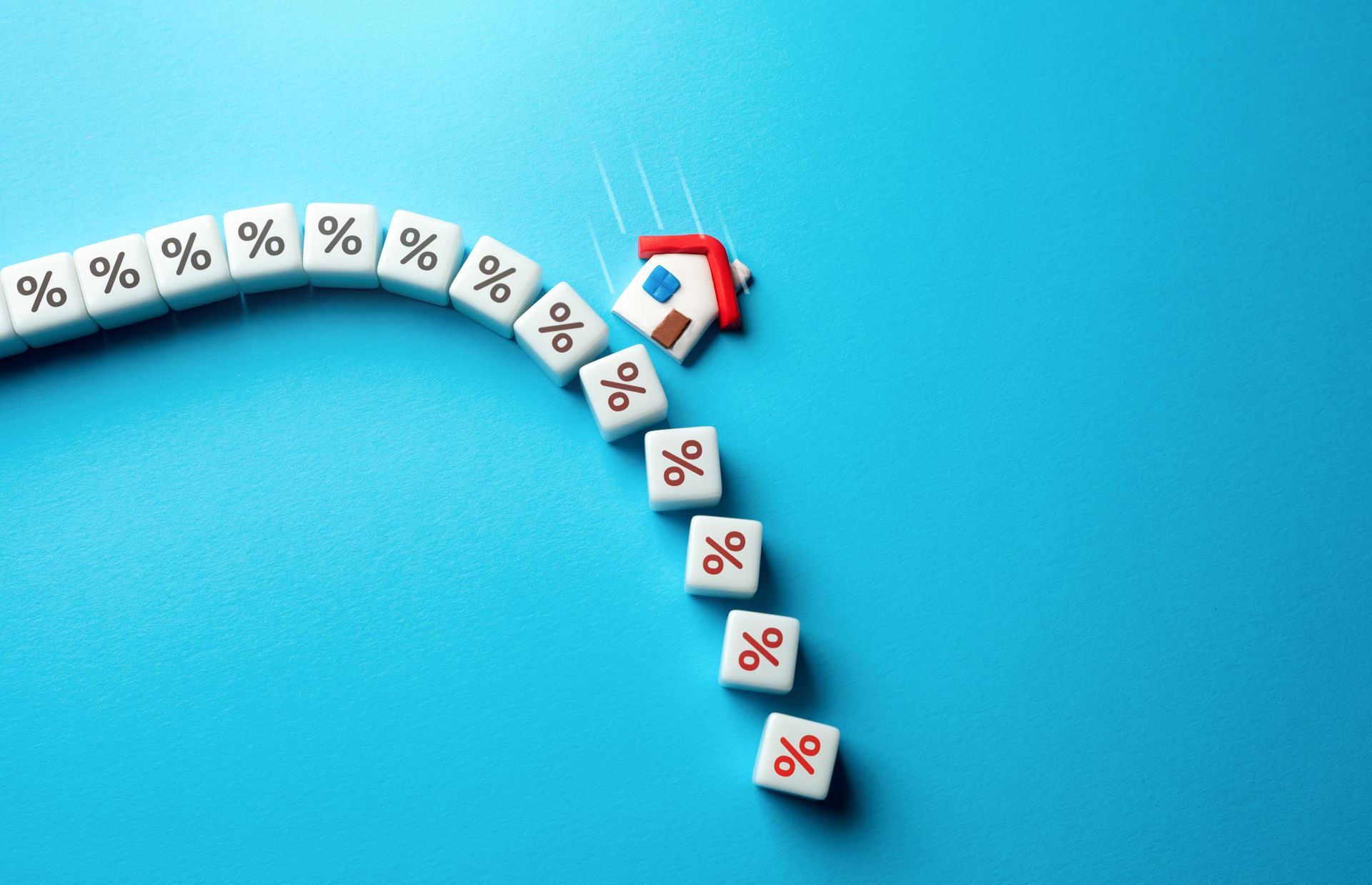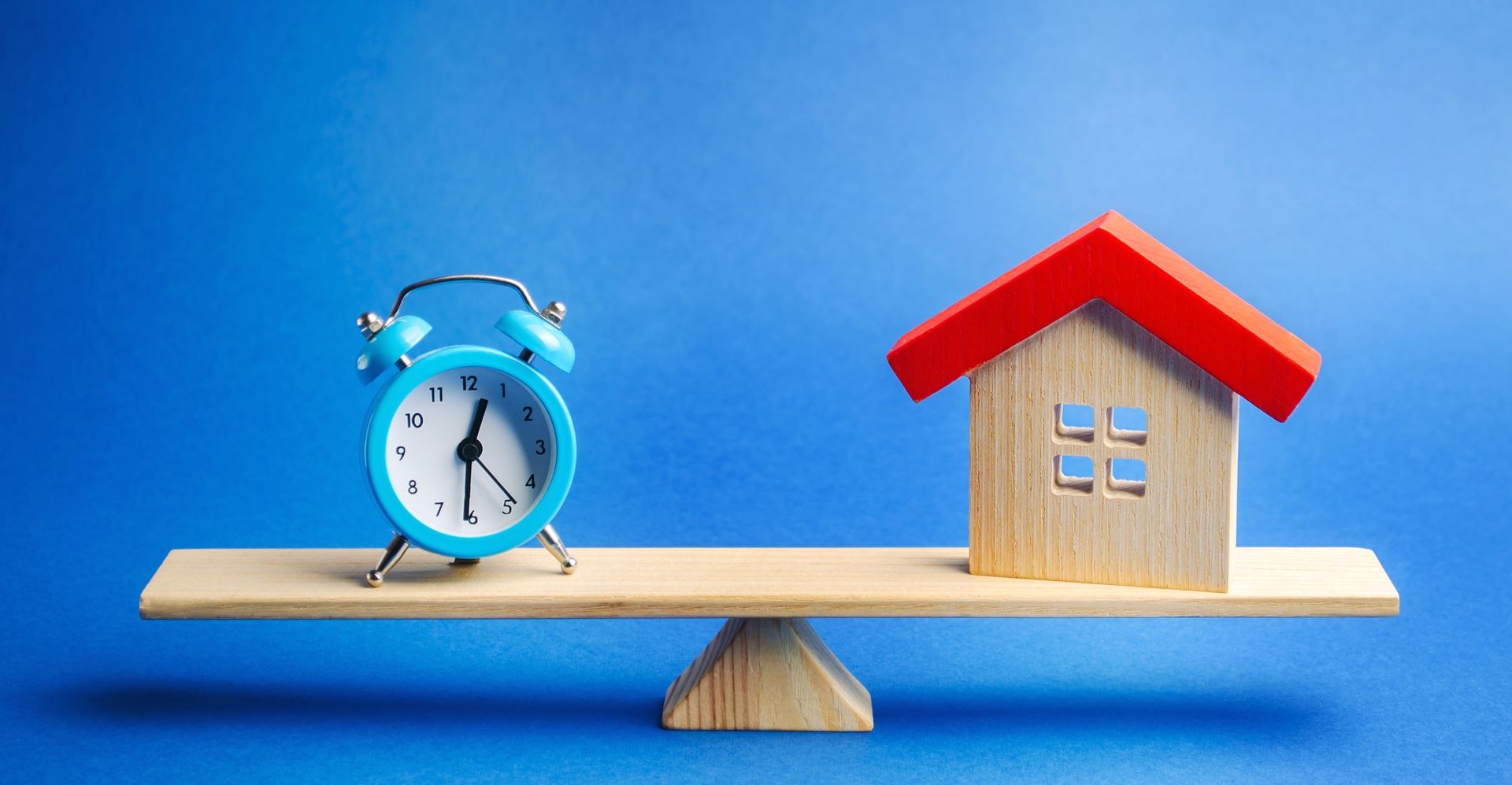Who Can Qualify for the Lowest Mortgage Rates?
Getting a low mortgage rate is important for both new homebuyers and existing homeowners. Not only does it result in a lower monthly payment and paying less interest over time, but for certain homebuyers, it could also mean you can afford a larger property.
You have looked online and see attractive mortgage rates on some websites. How do you know if you can qualify for those good rates?
Keys to Getting a Low Mortgage Rate
Your personal situation factors into the mortgage rate you can get. The borrowers considered the best, or of the highest credit quality, receive the lowest rates. Borrowers considered riskier may still be able to qualify for a mortgage but will be offered higher rates. Some may even be declined for a mortgage.
What are the things that lenders look at to determine your mortgage rate? What are the typical characteristics of the best borrowers? The rate you can qualify for largely depends on the following characteristics:
- Credit score
A credit score is a three-digit number calculated using your prior credit history. The better you manage your credit the higher your credit score. Lenders use this number as an indication of a borrower’s capacity to repay a loan. Credit scores range between 300 and 900. Lenders in the Canadian market generally consider 680 and above to be prime credit scores and borrowers with these scores often qualify for the best rates. A credit score of 620 or lower is considered a poor credit score and borrowers with these credit scores can often find mortgages from B-lenders that charge higher rates. A mid-range score between 620 and 680 is considered ok but the outcomes for borrowers in this range can vary. - Income and employment
Mortgage applicants with a stable history of provable income get the best rates. When you can document your income with pay stubs and a notice of assessment from the CRA it greatly helps you qualify for the lowest rates. If you have recently switched jobs, are self-employed, have gaps in your employment history or have income that is difficult to fully document you can still qualify for a mortgage, but you are not likely to get the lowest rates available. - Down payment
If your down payment is less than 20% of the property’s value, then you can only qualify for an insured mortgage and will need to pay a mortgage default insurance premium. This is costly, but the good news is that insured mortgages carry the lowest mortgage rates in the market. A minimum 5% down payment is required to get a mortgage in Canada. If your down payment is between 5% and 20% of the property value then you will be eligible for an insured mortgage.
If your down payment is greater than 20% then you can qualify for a conventional mortgage, which does not require default insurance. A large down payment like this improves your chance for approval, but conventional mortgage rates are higher than insured mortgage rates. Some lenders offer rate discounts for larger down payments. For instance, a 35% down payment may get a lower rate than a 20% down payment. - Debt Ratios
Your Debt Service Ratio is a number that lenders calculate to determine if you have the capacity to make payments on a mortgage. As a measure of your ability to afford the mortgage, the objective is to ensure debt payments do not exceed a certain percentage of your income. There are two types of Debt Service Ratios - Gross Debt Service ratio (GDS) and Total Debt Service ratio (TDS).
Your GDS is the percentage of your gross annual income that is needed to pay all costs associated with housing. The most common formula is:
mortgage payment + property taxes + heating + 50% of condo fees (if applicable) / gross household income.
Your TDS is the percentage of the borrower's income that is needed to cover housing costs plus any other monthly obligations, such as credit card payments and car payments. The most common formula is:
mortgage payment + property taxes + heating + 50% of condo fees (if applicable) + other debt payment obligations / gross household income. For their best rates, lenders require your GDS to be no higher than 39% and your TDS to be no higher than 44%.
- Loan purpose
Is the purpose of the mortgage to finance a property that will be your principal residence (meaning the place where you will live), a second home or a rental property? The best rates are available for principal residences. You will pay more for a mortgage on a second home or a rental property. - Property
The location of the property can matter too. The larger the town, the more lenders offering rates. The more lenders active in your local market, the more likely you are to find a competitively low rate. Note also that there are some property types that mortgage lenders will not lend against, like mobile and modular homes.
You may still qualify for a mortgage if these features are not all present, but you may not qualify for the lowest mortgage rates.

There are also special programs like new to Canada, high net worth and others that make exceptions for you to qualify, but you are unlikely to see the lowest rates in the market if you must qualify through those programs.
One additional thing to understand is that variable-rate mortgages usually offer lower rates than equivalent term fixed-rate mortgages. This means a lower payment at the outset of the mortgage, which is a positive, but it also means you would be exposed to interest rate risk, which is a negative. There are trade-offs in taking a variable-rate mortgage that cannot be overlooked. Many borrowers who took out variable-rate mortgages in 2020 and 2021 are regretting that decision. So, be careful.
Is the Lowest Rate Mortgage Always the Best Deal?
While the key points above are relevant to your eligibility for the lowest rates, you need to look at your needs and the other mortgage terms to decide which mortgage is right for you. Don’t just jump at the lowest rate, thinking that it is the best deal. Assess your risk tolerance to decide whether a fixed or variable-rate mortgage is best for you.
Other terms like prepayment provisions, penalty terms, and portability can be equally as important. For instance, the lowest rate mortgages often have the strictest prepayment provisions, which can cost you in the future. Some have a bonafide sales clause that prevents you from prepaying your mortgage unless you sell your home. Some brokers will heavily promote these low rates and not fully explain the restrictions. Ask questions. Take the time to consider your needs, not just now when you are getting a mortgage but also over time while you have the mortgage. Focus on what is important to you. The lowest rate is not necessarily the best deal.
You are the Decision Maker
Do your homework and shop for rates. You will find the rates offered by your bank are usually not competitive with rates you can find elsewhere. The mortgage broker market has access to a variety of lenders. The lowest rates are often offered by independent lenders that work with brokers. There is not a single lender that is always the lowest rate. This can change day-to-day. At Frank Mortgage we have access to a variety of the best mortgage lenders in Canada so we can show you the best rates on any given day.
Whether you are purchasing a home or refinancing your mortgage, the person responsible for the outcome is you. Your advisors, lender, or mortgage broker can help you to understand how to get the best rate available but do not let them steer you to a decision that they favor. They do not bear any of the risk if it does not turn out to be the best outcome for you. Only you bear that risk. Do your research and get the advice you need. You will be in a better position to choose wisely when it comes to your mortgage if you prepare ahead of time.
Frank Mortgage is built for you. At Frank Mortgage you can prepare, seek advice from a non-commissioned agent, find the best rates and apply for and get the mortgage you need online. The old model no longer works for the modern mortgage consumer. Join the movement to the new model – Frank Mortgage.
You can reach us at 1-888-850-1337 or at Frank Mortgage.
About The Author

Don Scott
Don Scott is the founder of a challenger mortgage brokerage that is focused on improving access to mortgages. We can eliminate traditional biases and market restrictions through the use of technology to deliver a mortgage experience focused on the customer. Frankly, getting a mortgage doesn't have to be stressful.
Related Posts






